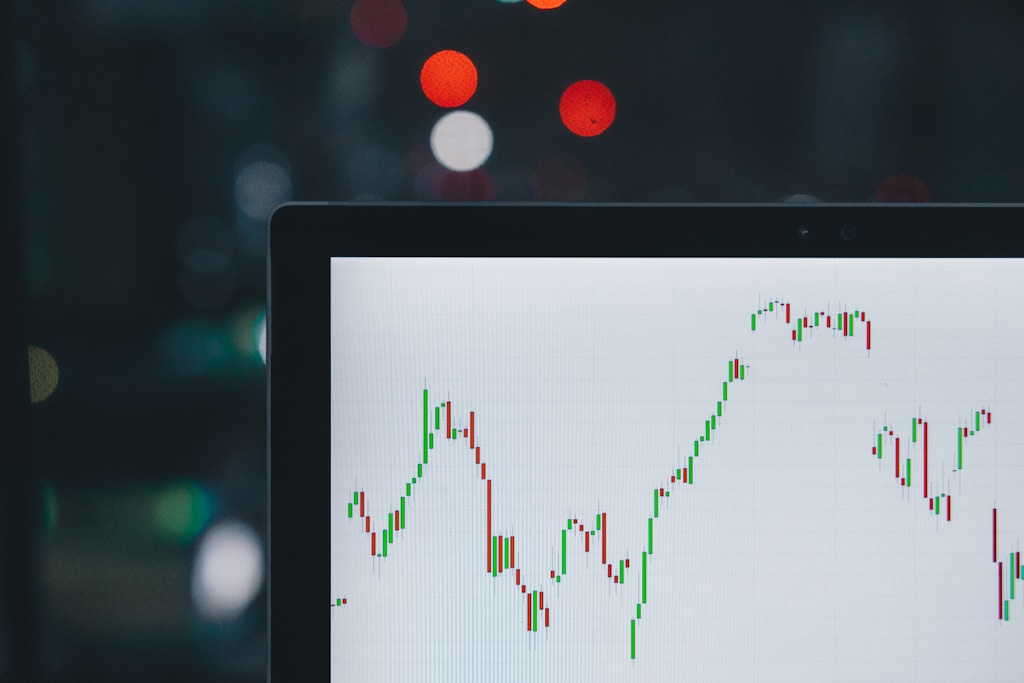Bitcoin and major cryptocurrencies are experiencing sideways trading amid market uncertainty, as former President Trump’s ‘TACO’ (Trump Always Chickens Out) approach to trade negotiations continues to impact investor sentiment. Recent analysis shows Bitcoin stalling below the $105K level, with traders closely monitoring key support zones.
Market Impact of Trump’s Trade Policy Uncertainty
The cryptocurrency market faces increased pressure as Trump’s erratic economic strategies cast shadows over investor confidence. Recent data shows significant institutional outflows:
- $430M Bitcoin ETF outflow on Friday
- Additional $130M outflow on Monday
- 90-day tariff ‘pause’ approaching deadline in July
Bitcoin Shows Resilience Despite Market Pressure
Despite the uncertain macro environment, Bitcoin has maintained remarkable stability around the $105K level. Institutional interest remains strong, with companies like Reitar Logtech planning significant $1.5B Bitcoin purchases.
SPONSORED
Trade Bitcoin with up to 100x leverage and maximize your profit potential
Altcoin Market Performance
The broader crypto market shows mixed performance:
- Solana ($SOL): -9.4% weekly decline
- Dogecoin ($DOGE): -15% over seven days
- XRP ($XRP): -5.34% weekly drop
- Cardano ($ADA): -10.33% weekly but +3.16% daily
Looking Ahead: Key Market Factors
Traders should monitor several critical factors:
- Potential resumption of high tariffs in July
- Institutional flow patterns in Bitcoin ETFs
- SEC regulatory developments
- Technical resistance levels around $110K
FAQ Section
How does Trump’s TACO policy affect Bitcoin?
The policy uncertainty creates market volatility and impacts institutional investment flows in crypto assets.
What are the key support levels for Bitcoin?
Current major support exists around $100K, with resistance at $110K.
When might market conditions improve?
Market analysts suggest clarity could emerge after the July tariff deadline passes.







